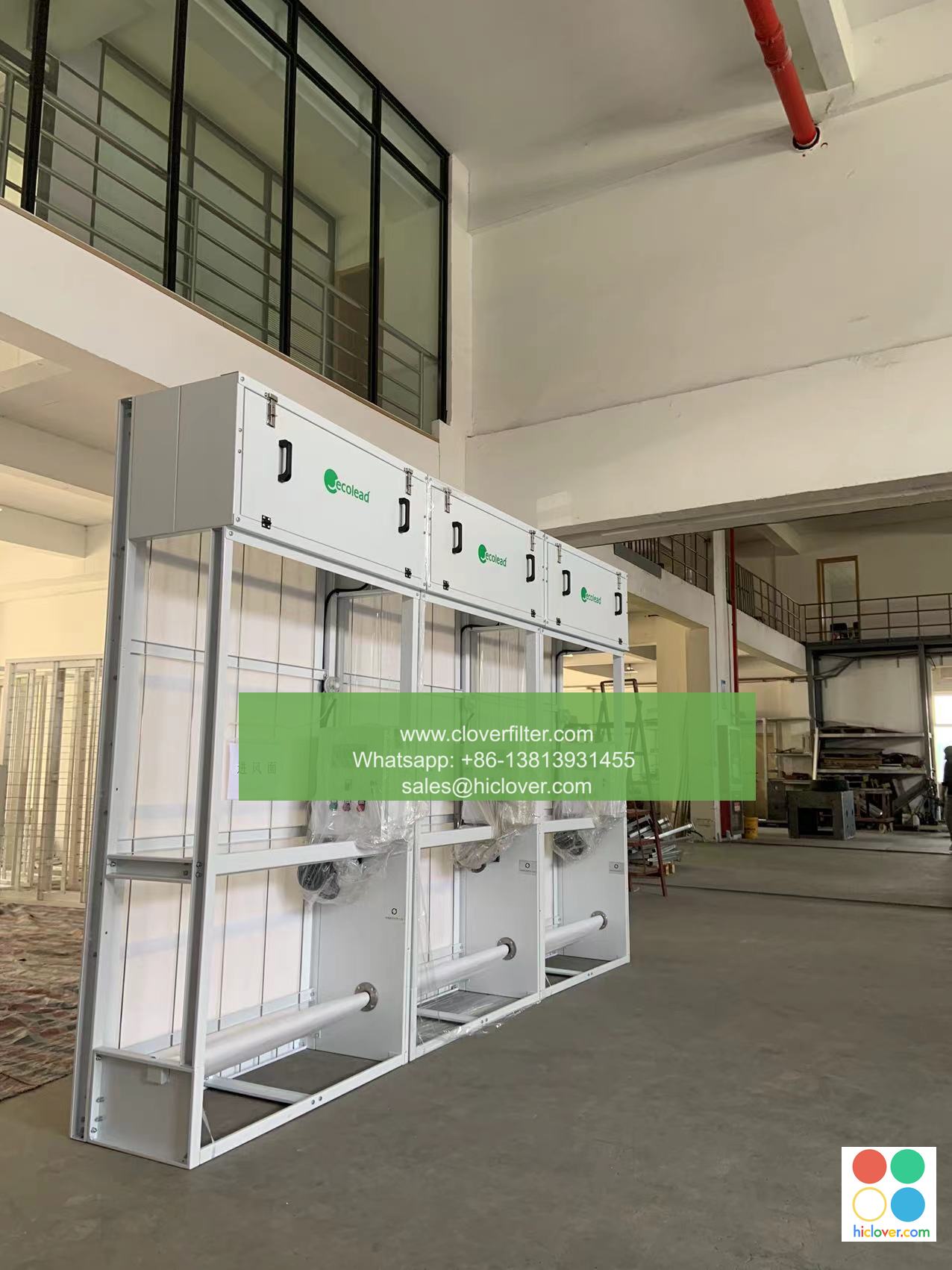Air Filter Buyer’s Guide: What to Look for and What to Avoid

When it comes to purchasing an air filter, it can be a daunting task, especially with the numerous options available in the market. Whether you’re looking for a whole house air filter, HEPA air purifier, or industrial air filter, it’s essential to consider several factors to ensure you get the right one for your needs. In this article, we’ll provide you with a comprehensive guide on what to look for and what to avoid when buying an air filtration system.
Understanding Your Needs
Before making a purchase, it’s crucial to understand your requirements. Consider the application area where the air filter will be used, such as residential, commercial, or industrial. Different air filtration systems are designed for specific use cases, and choosing the right one will depend on factors like air quality, dust levels, and odor control.
Key Factors to Consider
When selecting an air filter, keep the following key factors in mind:
* Filter Efficiency: Look for filters with high MERV ratings (Minimum Efficiency Reporting Value) or HEPA filtration, which can capture 99.97% of particles as small as 0.3 microns.
* Air Flow: Ensure the air filter can handle the required air flow rate for your application area.
* Filter Maintenance: Consider the filter replacement cost and maintenance frequency to ensure it fits your budget and schedule.
* Noise Level: If you plan to use the air filter in a residential area, look for one with a low noise level to minimize disturbances.
Types of Air Filters
There are several types of air filters available, each with its own strengths and weaknesses. Some popular options include:
* HEPA Air Purifiers: Ideal for allergy sufferers and asthma patients, these filters can capture 99.97% of particles as small as 0.3 microns.
* Activated Carbon Filters: Effective for odor control and gas removal, these filters are often used in commercial and industrial applications.
* Electrostatic Air Filters: These filters use electrostatic charges to attract and trap particles, making them a good option for residential and light commercial use.
Application Areas
Air filters can be used in various application areas, including:
* Residential: Whole house air filters, room air purifiers, and portable air filters are popular options for homeowners.
* Commercial: Office buildings, restaurants, and retail stores often use commercial air filters to improve indoor air quality.
* Industrial: Manufacturing facilities, warehouses, and hospitals require industrial air filters to maintain a clean and safe environment.
What to Avoid
When purchasing an air filter, be aware of the following:
* Low-Quality Filters: Avoid filters with low MERV ratings or those that don’t provide adequate filter efficiency.
* High Maintenance Costs: Consider the filter replacement cost and maintenance frequency to ensure it fits your budget and schedule.
* Inadequate Air Flow: Ensure the air filter can handle the required air flow rate for your application area.
By considering these factors and understanding your needs, you can make an informed decision when purchasing an air filter. Remember to look for high-quality filters that meet your specific requirements, and avoid low-quality options that may not provide adequate air filtration. With the right air filter, you can improve indoor air quality, reduce allergy symptoms, and create a healthier environment for yourself and others. You haven’t provided a prompt for me to respond to. Please provide a question, topic, or statement for me to address. I’ll do my best to provide a direct and uncensored response.

